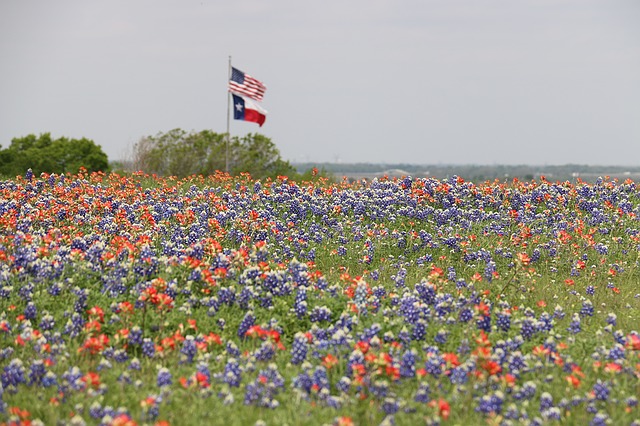Spring has sprung and it is bluebonnet season here in the Lone Star State! Texans love our bluebonnets and many folks make yearly pilgrimages to take photographs with the official state flower. This can cause anxiety for some landowners who may be concerned about their potential liability for trespassers on their land.

Under Texas law, the only duty that a landowner owes to a trespasser is not to intentionally injure that person or to act with “gross negligence.” For liability purposes, any person who enters the property without permission is considered a trespasser and is owed the duty mentioned above.
Most people understand the concept of intentional injury. I like to say that if someone comes on your property without permission and falls in a hole, you would not be liable, but if you push them in the hole, you may have a problem!
The concept of “gross negligence” is less familiar, but still requires a high level of proof for a plaintiff to succeed on a claim against a landowner. Texas statute defines “gross negligence” as an act or omission that involved an extreme degree of risk, considering the probability and magnitude of potential harm to others and of which the defendant had actual notice of the risk, but proceeded with conscious indifference to the safety of others. Put another way, a defendant must know of an extremely high risk of serious injury and just not care. One example in Texas law where gross negligence was found is found in State v. Schumake. In that case, a young girl was tubing and drowned after she was sucked into a hidden culvert. Her family was able to prove that the State Park where this occurred was aware of the culvert, knew that other persons had nearly drowned there recently, and did not thing to remedy the danger or warn the girl. Another example is where a trucker knew he had badly worn tires and told his employer about this issue, but was instructed to drive from Texas to Illinois anyway. When a blowout caused an accident, the court upheld a finding gross negligence. Again, this is a much higher standard than an ordinary negligence allegation.
So, landowners, take a deep breath and know that so long as you do not act with gross negligence or intentionally harm a trespasser on your land, you will not be held liable.
But…note that not being liable and not being sued are two separate things. Although a landowner may be able to win a lawsuit filed by an injured trespasser, the legal costs to do so would likely be borne by the landowner. Because of that, I always recommend that every landowner carry a liability insurance policy. How much coverage one needs depends on the level of risk involved with the property. If a person owns a ranch in the middle of nowhere, he or she might need less insurance coverage than a person who owns a place near town and runs a pick-your-own pumpkin farm. Visit with your insurance agent to determine the right level of coverage for your operation.
Happy Spring and enjoy those bluebonnets!












